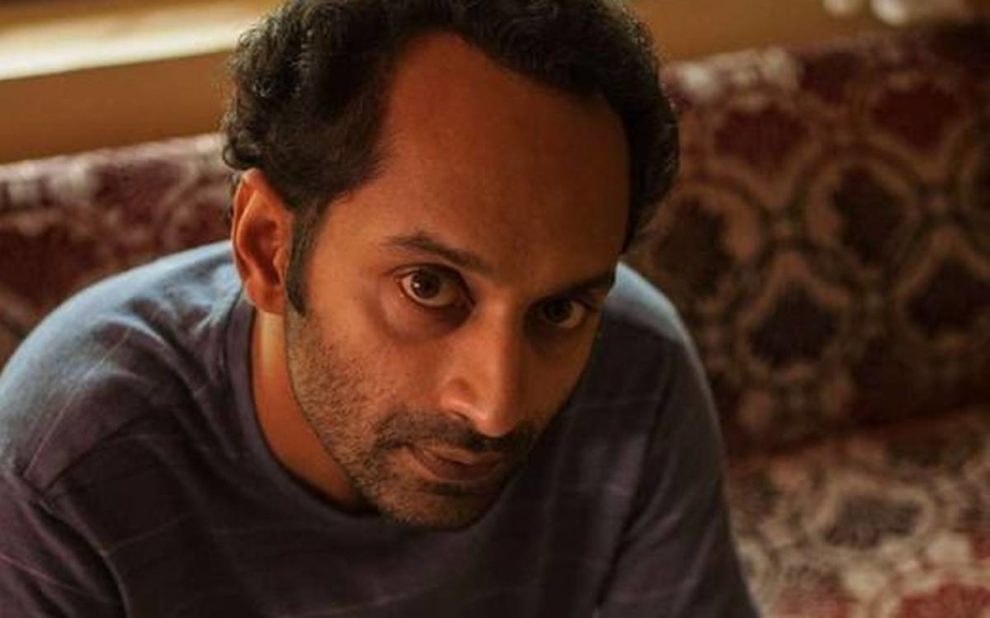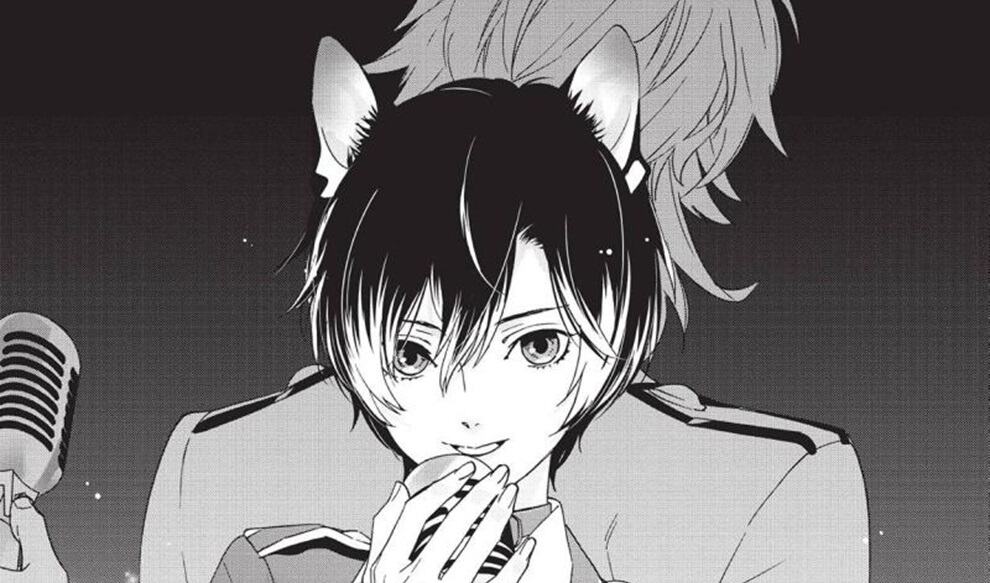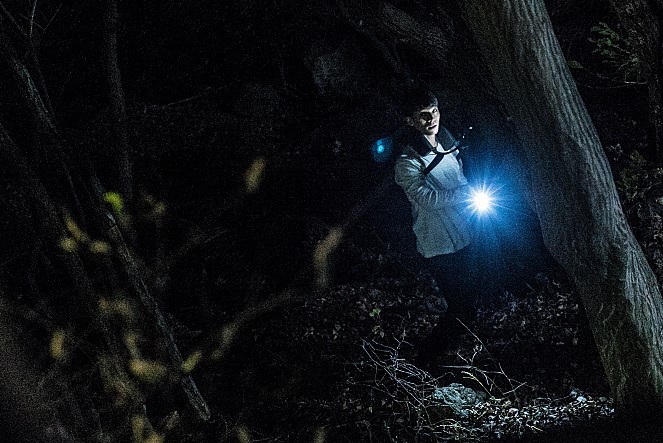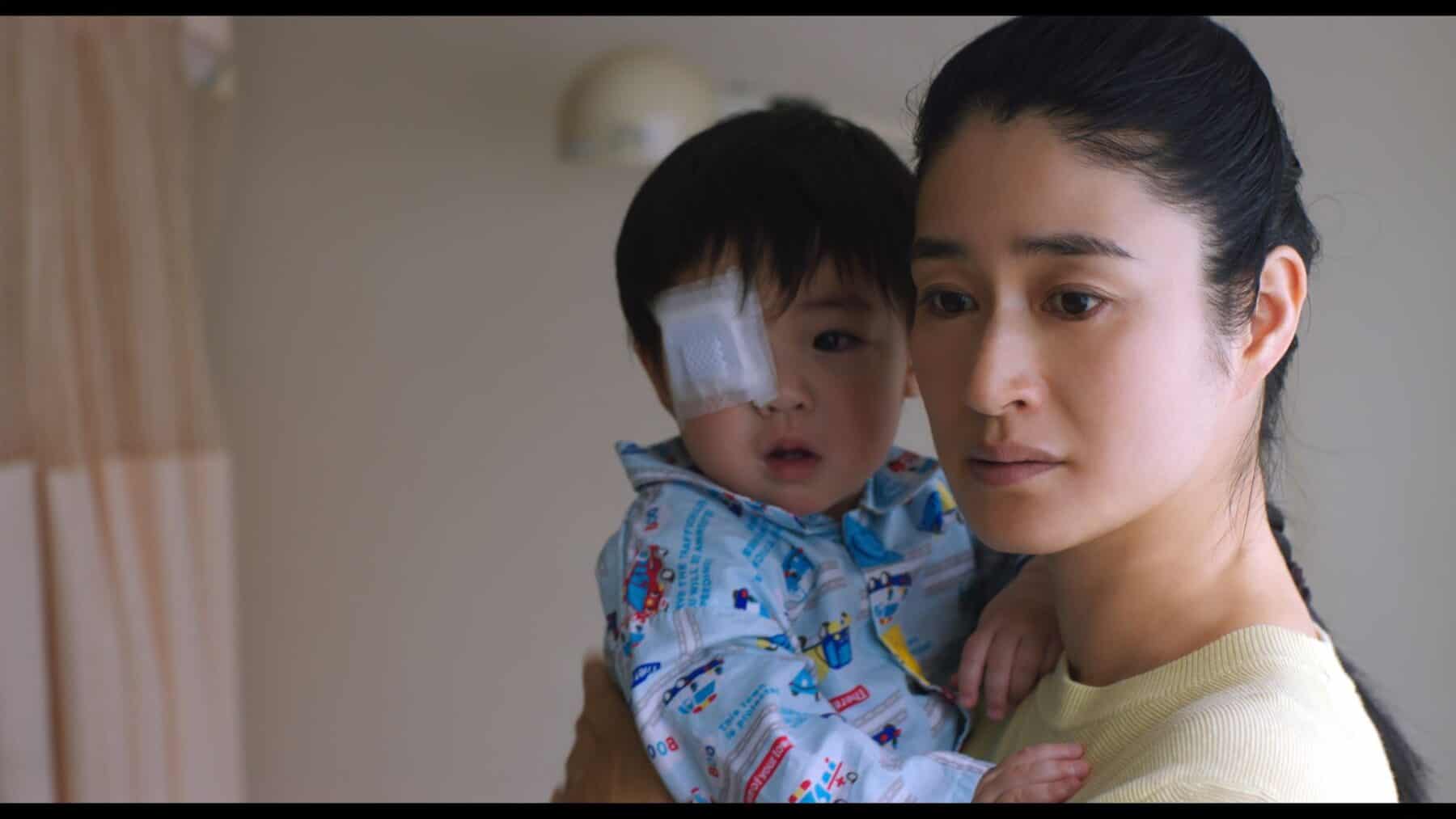Right when I was getting fed up with modern Malayalam cinema, I took the advice of many who urged me to watch this, based-on-”Macbeth” film and the result definitely justified the suggestion.
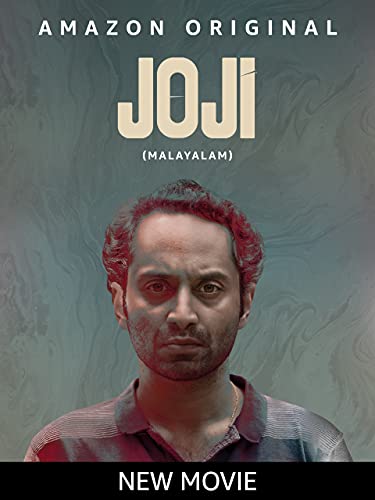
Joji, an engineering dropout, along with elder brothers Jomon and Jaison lead a life of fear under their dominating father Kuttappan, the owner of a rather large estate, who, despite his 74 years of age, is intensely well-built and quite brutal, particularly towards Joji, whom he considers a failure. Jomon, an alcoholic divorcee, aids Kuttappan in agricultural affairs, while Jaison manages their businesses in town. Jaison's wife Bincy concludes the “council” while Jomon's teenage son also lives in the estate, with these two also sharing a strong relationship with Joji, essentially the only ones who take him seriously. However, when Kuttappan suffers a stroke, matters of inheritance come to the fore, while the patriarch of the family does not seem to die, raising rather dangerous instincts among his children, particularly in Joji. Bincy, who is essentially in charge of the kitchen, witnesses everything that is happening, but remains silent.
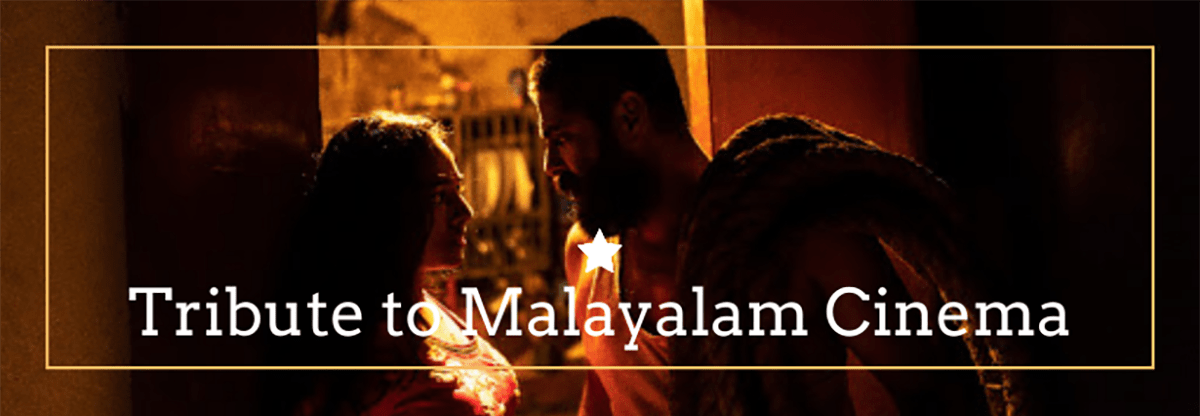
The first thing one will notice in the film is Shyju Khalid's immersive cinematography, which highlights the estate in a way that both presents its beauty and gives it an allegorical, contextual meaning, particularly in the way Dileesh Pothan implements the deep holes in the area. The scene with the fire is especially impressive to watch and one of the most memorable in the movie. Furthermore, his framing depicts the relations of the family members in the best way, with their placement in every frame being rather meaningful, a trait that should also be attributed to Pothan's direction of his cast. Lastly, the use of shadow is also on a rather high level, giving an ominous sense to a number of scenes, also adding to the overall atmosphere of ritualistic horror that occasionally dominates the narrative.
The comments deriving from the characters, their interactions and the various events are also very interesting, with Pothan commenting on the place of women in Indian society, how gossip and “What would people say” can affect even the more powerful families, and the role religion plays in a society where tradition and custom seem to be the true kings.
Human nature, and particularly how people can be led to crime emerges as another rather interesting comment, as much as how the behaviour of a harsh patriarch can shape his children and the relationships among them. This aspect essentially presents the most interesting element of the context, the eternal question of if crimes against criminals are justified, and in the case of interfamilial cases, even expected. Joji embodies this comment as the protagonist of the film, with Fahadh Faasil giving an impressive performance, particularly in the way he presents his downward spiral, and how violence becomes the only solution for a man everyone considers weak and inconsequential.
In general, the acting is on a very high level, with Baburaj as Jomon giving a very convincing performance as the “son of his father”, and Joji Mundakayam presenting the “voice of reason” but not of innocence, in great fashion, as Jaison. Unnimaya Prasad as Bincy is the one who steals the show, however, with her silences and looks communicating her discomfort and inner conflict in the most eloquent way possible.
The main issue here, however, is the story, with Syam Pushkaran's script moving the story into directions that are occasionally unnecessary, perhaps in an effort to include as many episodes/comments as possible, essentially faulting the main story-line, which could be even more character-oriented. In that regard, the film would definitely benefit from a little more trimming, although, in general, the work Kiran Das has done on the editing, and particularly on the fast pace of the movie, is quite good. On the other hand, the overall sketching of the characters and their relations, and the main storyline, definitely compensate, essentially downgrading this fault to a mere detail.
“Joji” is a film with great characters, direction and cinematography and one of the best Indian movies of the year so far.


